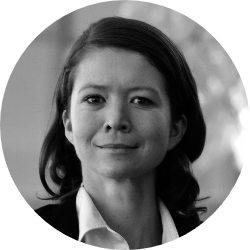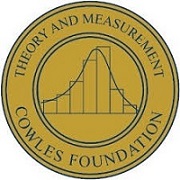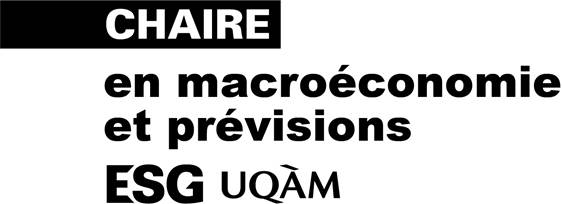The 2021 North American Summer Meeting of the Econometric Society was held virtually on June 10-13, 2021 and was hosted by the Department of Economics at the Université du Québec à Montréal (UQAM). The local organizers were Alain Guay and Dalibor Stevanovic (Université du Québec à Montréal, UQAM). The scientific program chair was Sílvia Gonçalves (McGill University).
Highlighted Sessions

Welcome Remarks by Econometric Society President, June 10
Pinelopi Goldberg
Yale University
Plenary Lectures

Walras-Bowley Lecture, June 10
Jan Eeckhout
Universitat Pompeu Fabra

Bank of Canada Lecture, June 11
Paul Beaudry
Bank of Canada

Cowles Lecture, June 12
Matthew Rabin
Harvard University
Semi-Plenary Lectures
|
JUNE 10 |
|
|
Empirical Industrial Organization |
|
|
|
 Salvador Navarro University of Western Ontario |
|
Topics in Econometrics |
|
|
|
 Mark Watson Princeton University |
|
|
|
|
JUNE 11 |
|
|
Networks |
|
|
|
 Benjamin Golub Northwestern University |
|
Microeconometrics |
|
|
|
 Xiaoxia Shi University of Wisconsin, Madison |
|
|
|
|
JUNE 12 |
|
|
Financial Econometrics |
|
|
|
 Andrew Patton Duke University |
|
Labor Economics |
|
 Thomas Lemieux University of British Columbia |
|
|
|
|
|
JUNE 13 |
|
|
Macroeconomics |
|
|
|
 Diego Restuccia University of Toronto |
|
Microeconomic Theory |
|
 Marina Halac Yale University |
 Marzena Rostek University of Wisconsin, Madison |
Scientific Program Committee
Chair: Sílvia Gonçalves (McGill University)
Area Coordinators:
- Applied Microeconomics: Fabian Lange (McGill University)
- Econometrics: Benoit Perron (Université de Montréal)
- International Economics: Theodore Papageorgiou (Boston College)
- Financial Economics: René Garcia (Université de Montréal)
- Macroeconomics: Rui Castro (McGill University)
- Microeconomic Theory: Rohan Dutta (McGill University)
Sponsors
 |
 |
 |


























